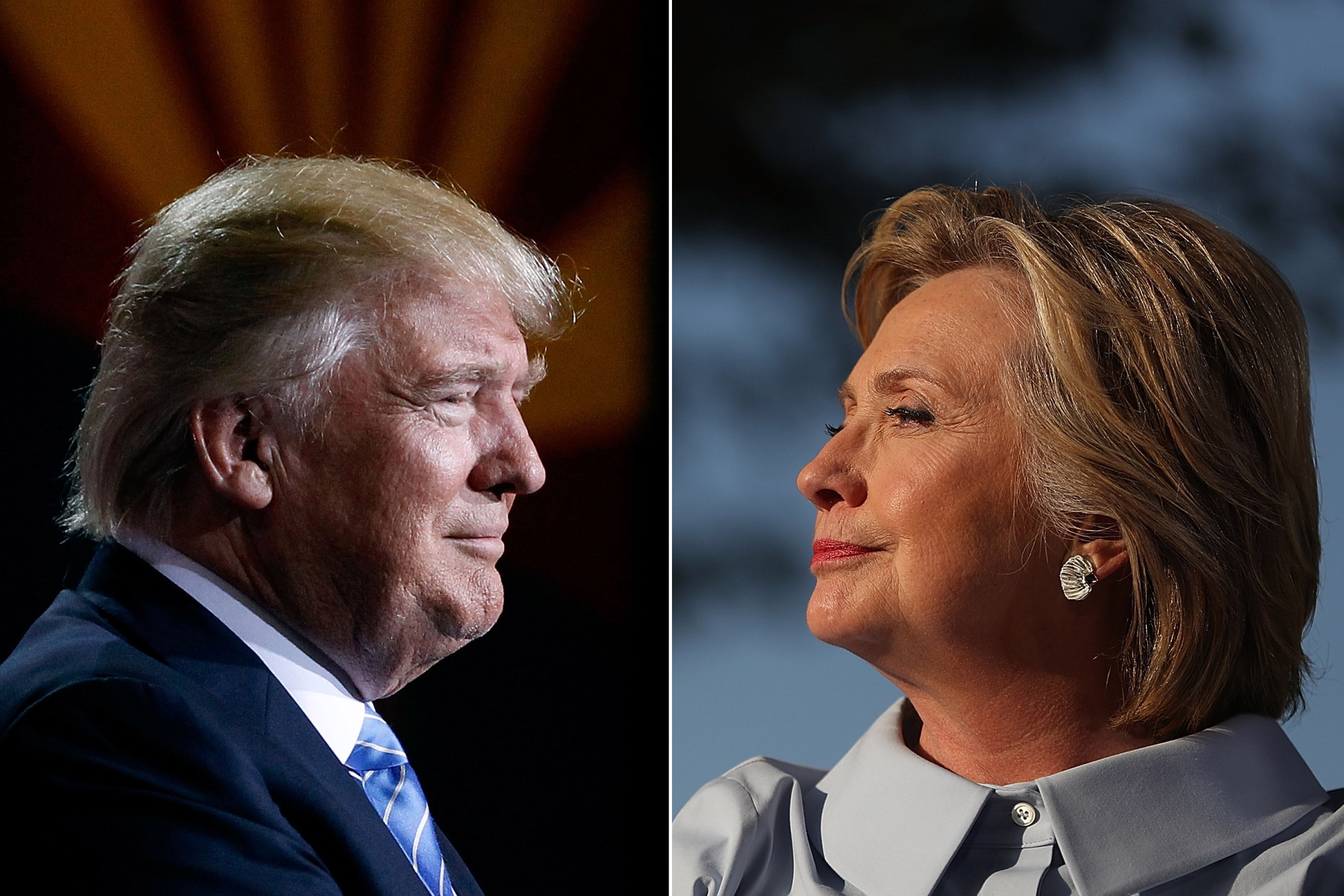
We repeatedly hear that America’s two presidential candidates are the least-liked in the history of polling. So why have they succeeded?
I am under no illusion that there is a single reason why Hillary Clinton and Donald Trump won their party’s nomination. But as football season gets underway, I am reminded of the sheer delight in loving someone that someone else hates. Could it be that we have two disliked candidates precisely because they are disliked?
We cheer our team all the more when there is a player that others dislike. For example, Colin Kaepernick, the San Francisco 49er’s quarterback who recently sat during the national anthem, has been drawing ire—and yet his jersey has been selling out. Why? Because opposition from others makes those who support him that much more resolute. Sometimes the engine of allegiance is the hostility of others.
As the Rabbi of a synagogue with members who are ardent supporters of both candidates, I have been struck by the energy that hatred of their favorite gives partisans of either side. I have listened to long harangues about the “elites” who despise Trump, and how their dislike proves his worth as a leader. And I have heard equally long diatribes about the anti-feminists who oppose Clinton, and why that makes it even more important to elect her as our first female president.
Each side is both scandalized and energized by the dislike that others bear their candidate. I am not equating the two candidates or the worth of the arguments. I have my decided preferences. But when we ask why disliked candidates succeed, part of the reason is the reverse power we draw from the animus of others.
The sports analogy is apt because sports is one legitimate hatred we have in society apart from politics. Why have Eagles fans in my old hometown of Philadelphia been raising money for a documentary called “Dallas Sucks?” Because you are allowed to hate other sports teams. It is part of the frisson of competition. My “boo” is your motivation.
Politics, with its sports analogies and similarities, is no different. The election is a “horserace,” candidates are “gaining” on each other, and they have their “fumbles” and “teams.” The more you can anathematize the opposition, the more you can galvanize your own side.
The danger, of course, is that whomever is elected will face a hardened, committed opposition. Hatred is not easily softened, especially not by a loss. And as any sports fan will tell you, the pleasure in despising another team is addictive.
Now that this syndrome has gripped our politics, may I suggest part of an antidote? Express your opposition in less apocalyptic and sweeping terms. Each time you pour vitriol on a candidate, you are reinforcing the commitment of their partisans and adding to the general poisoning. Be judicious in your critique. Don’t force people who disagree into their cheering corners. It may make a good football game, but it makes lousy politics.
More Must-Reads from TIME
- Donald Trump Is TIME's 2024 Person of the Year
- Why We Chose Trump as Person of the Year
- Is Intermittent Fasting Good or Bad for You?
- The 100 Must-Read Books of 2024
- The 20 Best Christmas TV Episodes
- Column: If Optimism Feels Ridiculous Now, Try Hope
- The Future of Climate Action Is Trade Policy
- Merle Bombardieri Is Helping People Make the Baby Decision
Contact us at letters@time.com